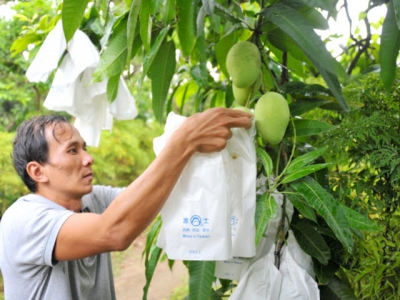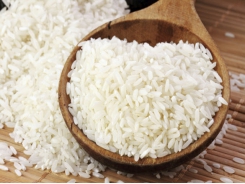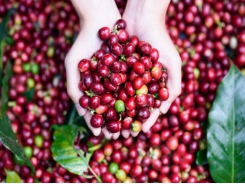Dong Thaps agricultural restructuring produces fruitful results

After implementing the agricultural restructuring for six years, Dong Thap Province's agriculture sector has achieved breakthrough results.
Off-season mango helps avoid dropping prices in peak harvesting time. Photo: Le Hoang Vu.
The Mekong Delta province of Dong Thap is the first one in Việt Nam to pilot agricultural restructuring.
According to the province People’s Committee, after implementing the restructuring for six years, its agriculture sector has achieved breakthrough results.
The most highlighted result is the change in farmers’ mindset to view farming as agriculture economics.
Nguyen Phuoc Thien, director of the province’s Agriculture and Rural Development Department said that in the past time, Dong Thap Province boosted agricultural restructuring to make agricultural production more resilient to climate changes.
The province shifted from growing rice three seasons a year to growing vegetables, fruits and aquaculture products.
Since 2017, more than 50,000 ha of ineffective rice land was shifted to other crops.
In this year’s winter-spring crop, Dong Thap transformed 3,570 ha of rice to grow vegetables and fruits. The province’s agricultural restructuring is closely in line with the national programme on developing new rural areas.
Thien said that the shift of ineffective rice land to other crops helped generate much more economic benefits than rice monoculture.
For example, on the former rice land, if growing taro, farmers could sell a kilo of taro for VND 22,000, getting VND 302 million per ha per season.
- If growing chilli, they could sell a kilo of chilli for VND 13,000, getting a profit of VND 90 million per ha per season.
- If growing corn, they could sell a kilo of corn for VND 4,000-5,000, getting a profit of VND 18.5 million per ha per season.
- If growing mango, they could sell a kilo of mango for VND 18,000 -20,000, getting a profit of about VND 150-180 million per ha per year.
Gardeners could earn about VND 120-150 million per ha per season from growing ornamental trees.
Ngo Tan Khai, a farmer from Phu Dien Commune, Thap Muoi District said that instead of growing four công (0.1 ha) of rice for the summer-autumn crop, he grew sesame.
Growing sesame required less investment and labour, he said, adding that it was easy to sell sesame now, so farmers were interested in growing sesame.
He said that after about two months and a half, he got 150-160 kg of sesame per công, earning about VND 4-5 million per công.
As a key agricultural product of Dong Thap province, mango is now grown around the year. The two largest mango-growing areas in the province are Cao Lanh City and Cao Lanh District. Off-season mango solved the problem of dropping prices in peak harvesting time and helped farmers get better income.
The province has more than 9,000ha of mango. Of its total mango growing area, the Hòa Lộc variety accounts for 70 per cent and the Cát Chu variety 20 per cent. The two varieties are speciality mangoes in high demand by consumers.
Mango farmers in Dong Thap province actively connected with enterprises to find a market for their fruits. Dong Thap mango has been exported to countries including Korea, Japan, Australia and China.
From 2005 and 2006, the province focused on investing in the mango industry, such as building technical infrastructure and flood-protection dikes, applying technology to production, improving varieties, and producing under the GAP standards. Especially, it built the "my home mango tree" model to sell mangoes online.
Lam Binh Tan, a farmer in My Hiep Commune, Cao Lanh District said that he grew off-season mango in his nearly one hectare in the last two years.
Off-season mango could be sold at better prices than those of the main season, he said.
He added that he earned VND 200-220 million per ha per season from off-season mango while earning only VND 150-160 million per ha from main-seasoned mango.
During its agricultural restructuring, Dong Thap Province identified five key products – rice, ornamental trees, duck, aquaculture products and mango. As a result, it achieved agricultural production growth of 3.6 per cent per year, 0.6 per cent higher than the national average rate. The income per one hectare of cultivation increased 6.5 per cent per year, income from livestock increased 2.6 per cent per year – a good rate compared to those of other provinces in the Mekong Delta region.
Related news
Tools

Phối trộn thức ăn chăn nuôi

Pha dung dịch thủy canh

Định mức cho tôm ăn

Phối trộn phân bón NPK

Xác định tỷ lệ tôm sống

Chuyển đổi đơn vị phân bón

Xác định công suất sục khí

Chuyển đổi đơn vị tôm

Tính diện tích nhà kính

Tính thể tích ao




 Farmers benefit from the cultivation of VietGAP rice
Farmers benefit from the cultivation of VietGAP rice  Promoting coffee exports to Morocco
Promoting coffee exports to Morocco